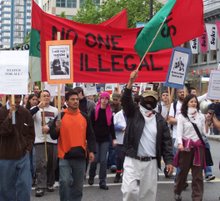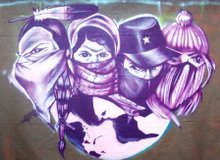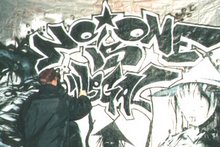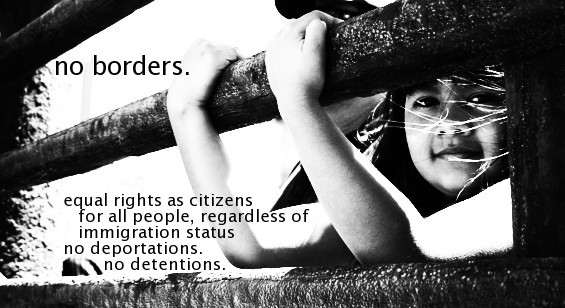| |
From Indigenous oral histories, passed down through millennia, to the hostile accounts kept by colonial record keepers, a great deal of evidence exists to show that sex/gender variance and homosexuality were part of the fabric of early cooperative societies in the Americas—from pole to pole.
What is significant about the abundant European colonial records—whether military, missionary or anthropological—is not their perception, objectivity or accuracy in describing life among the diverse Native societies in this hemisphere. It’s that these observations by the Europeans and their reactions to homosexuality and gender/sex variance in Native cultures—reflected in terms like “devilish,” “sinful,” “perverted,” “abominable,” “unnatural,” “heinous,” “disgusting,” “lewd”—reveal how different were the societies they came from.
The “observed” were peoples who lived in societies that were either communal or were in the early stages of class division.






